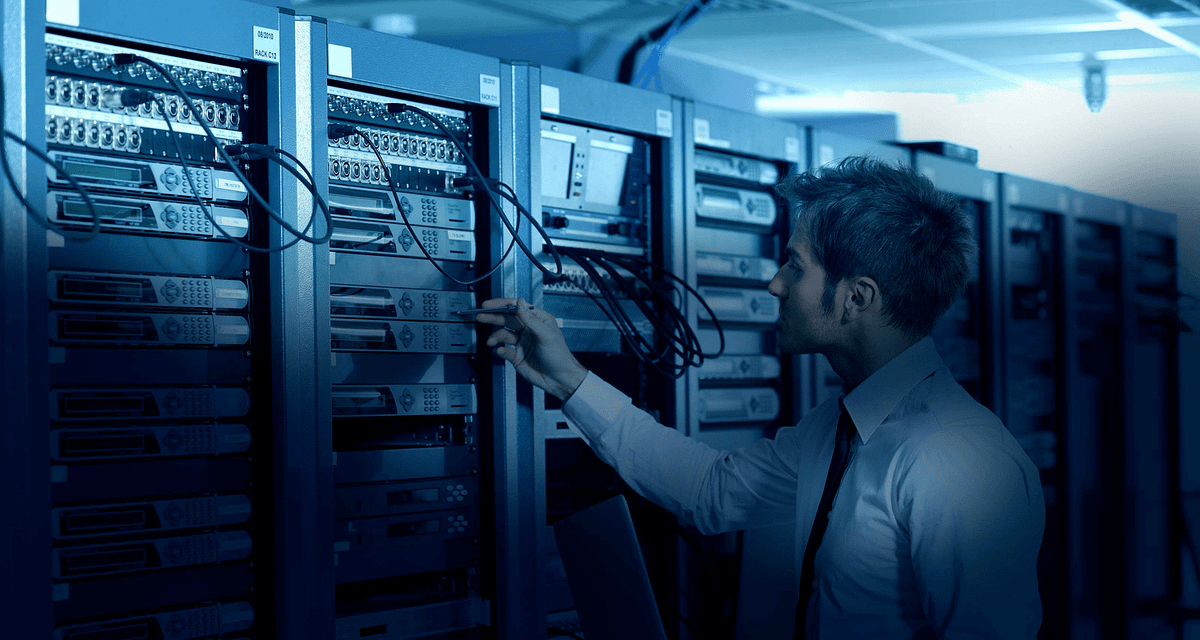
Choosing the right dedicated server configuration is critical when signing up for website hosting services. With many hardware and software options available, deciding on specifications that match your performance, security, and scalability needs requires thoughtful evaluation.
This article provides crucial tips for choosing the proper dedicated server hosting specifications tailored to your specific use case.
Assess Your Current and Future Needs
Before choosing a dedicated server, take time to thoroughly evaluate your current and anticipated future requirements in terms of:
- Traffic volumes and growth projections
- Data storage needs
- Memory and processing power
- Specialised software or applications
- Security and compliance considerations
Understanding your needs will help guide your decisions on optimal dedicated server specifications.
Tips for Selecting a Dedicated Server Specs
Follow these tips to pick dedicated server specs tailored to your requirements:
- Processor (CPU)
The CPU is the computing brain of a server, so selecting the right processor is essential. Key factors to consider include:
- Number of cores – More cores allow parallel execution of tasks, improving overall performance.
- Clock speed – Measured in GHz, a higher clock speed indicates faster processing.
- Cache size – A bigger cache improves performance by storing frequently used data.
For most websites, a quad or hex-core CPU above 2.5GHz should suffice. Resource-intensive apps may need 12-16 cores and 3.0-3.5 GHz speed.
- RAM
Having sufficient RAM enables your server to run multiple applications, websites, and databases efficiently at the same time. Opt for a minimum of 4GB RAM for small websites. For hosting large web apps, databases, or big data applications, choose 16GB or higher RAM configurations.
- Storage Capacity
Evaluate projected long-term data storage needs and determine the right storage medium for your workload – HDDs are suitable for large volumes of infrequently accessed data. At the same time, SSDs provide faster access to performance-critical data. Have room to scale up storage as your data grows over time easily.
- Connectivity
The network bandwidth or uplink port speed determines how much traffic your server can smoothly handle. 100Mbps uplink is adequate for small sites with low visitor traffic. For larger sites and apps, choose uplink connectivity of 1Gbps or higher to meet bandwidth demands.
- Scalability
Select dedicated hosting server specifications that permit seamless upgrades of resources like RAM, storage, and bandwidth as needs evolve. This provides the flexibility to scale server capabilities in the future cost-effectively.
- Management
Consider your level of experience in independently running servers before deciding between managed and unmanaged host servers. Managed servers come with technical support, while unmanaged servers offer complete control over management.
- Software Factors
Linux is a popular OS choice for dedicated servers, given its flexibility, security, and lower costs. Evaluate options like CentOS, Ubuntu, and Debian based on the specific web apps, databases, and other software you need to run.
- Customer support
It is crucial to pick the hosting provider that understands your needs and can provide optimal support. Choose a hosting provider that offers 24×7 comprehensive technical support via multiple channels like phone, email, chat, and ticketing systems. This ensures help is available when you need it.
Conclusion
With the best-dedicated server hosting solution, you’ll get top-tier hardware, fast network connectivity, skilled support, and the infrastructure to enable your online success.
You can ensure your server provides the right foundation for your web presence and applications to succeed and scale easily for years ahead.
